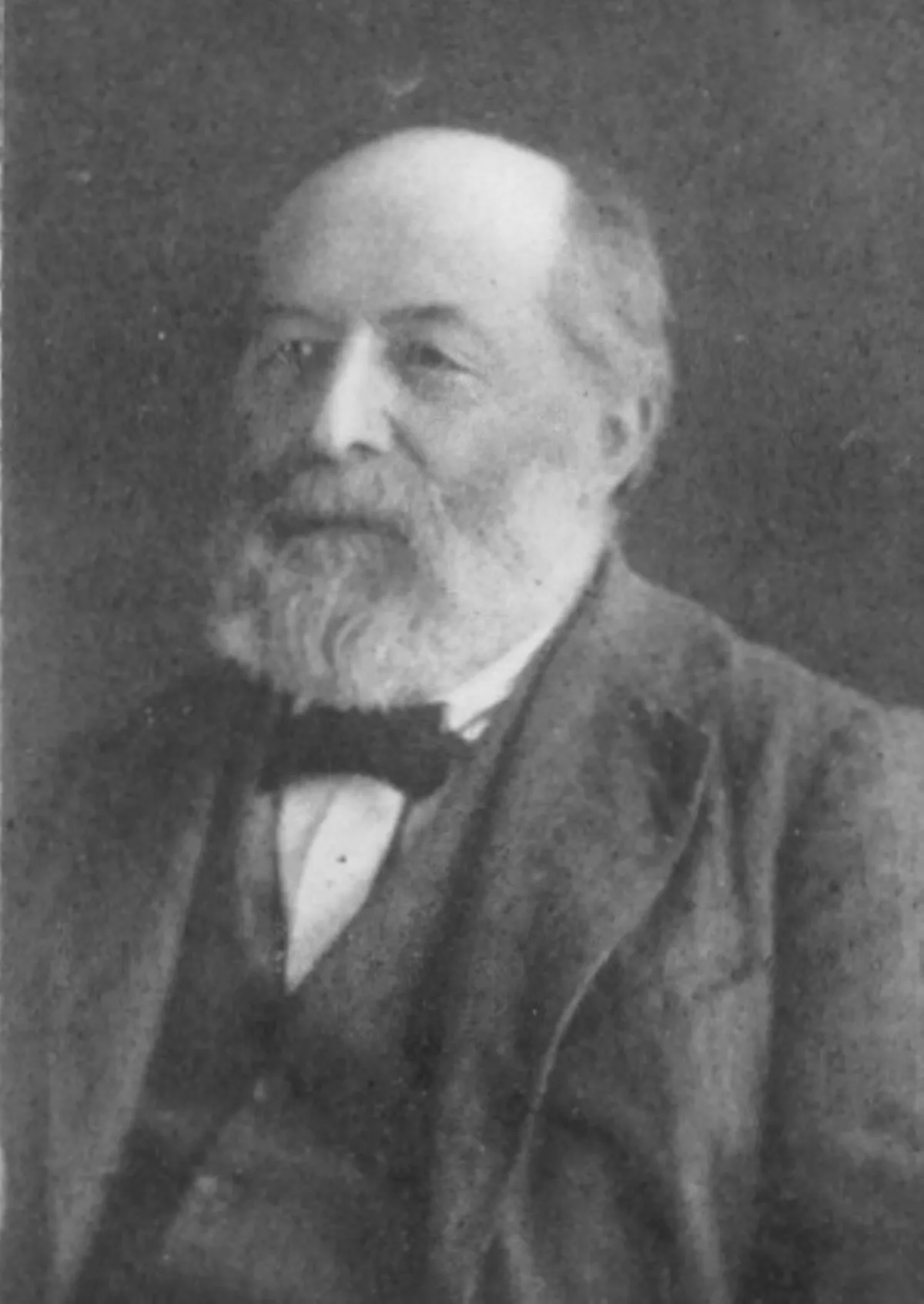 1.
1. Albert Chavannes was a Swiss-born American author, philosopher, and sociologist, active primarily in the late 19th century.

 1.
1. Albert Chavannes was a Swiss-born American author, philosopher, and sociologist, active primarily in the late 19th century.
Albert Chavannes is best known for his two utopian novels, The Future Commonwealth and In Brighter Climes, which discuss a fictional futuristic society, "Socioland," where the economy is governed by socialist ideals rather than capitalism, and where morality is based on social scientific experimentation, rather than traditional religion.
Albert Chavannes married fellow French Swiss immigrant Cecile Bolli in 1857, and the two settled down to a life of dairy farming.
One of Albert Chavannes' earliest writings was an article entitled, "How Manure Is Made in Switzerland," published in the agricultural journal, The Cultivator, in 1858.
Albert Chavannes was part of the citizens-guard that defended Knoxville from a raid by Union general William P Sanders in June 1863, and later provided an account of this raid in his book, East Tennessee Sketches.
In 1864, following the occupation of Knoxville by Union forces, Albert Chavannes moved to Berkshire, New York, where he opened a woodworking shop.
Around the age of 40, Albert Chavannes began questioning the religious traditions with which he was raised, his chief inspiration being the Theory of Evolution.
Between 1883 and 1885, Albert Chavannes published a journal, The Sociologist.
In 1888, Albert Chavannes published his theories on magnetism in his book, Vital Force and Magnetic Exchange.
In 1892, Albert Chavannes published his first Socioland novel, The Future Commonwealth.
That year, Albert Chavannes ran for the state legislature on the Populist ticket, but lost badly.
Albert Chavannes wrote a non-fiction follow-up to The Future Commonwealth in 1893 entitled, The Concentration of Wealth, and published his second Socioland novel, In Brighter Climes, in 1895.
Albert Chavannes published several more works on magnetism in the late 1890s.
Albert Chavannes died in 1903, and is buried in the Spring Place Presbyterian Church Cemetery in northeast Knoxville.
Albert Chavannes was related to several prominent Knoxville businessmen, whose careers stand somewhat in contrast to his socialist ideals.
Albert Chavannes believed that individuals require magnetic equilibrium, and suggested that misbehavior and general unpleasantness result from too much or too little stored vital force.
Albert Chavannes argued that the exchange of magnetism through ejaculation ruined an individual's equilibrium.
Albert Chavannes considered his 1900 work, Lizzie Melton, A Self-Reliant Girl, to be his only full-fledged novel.